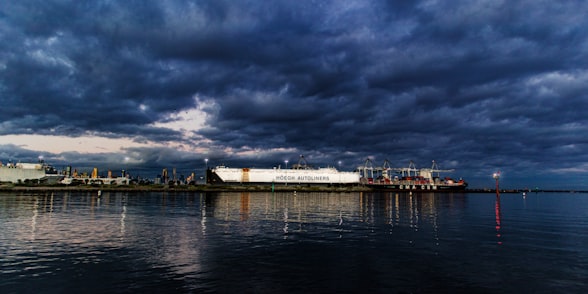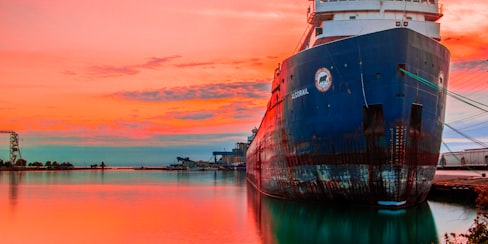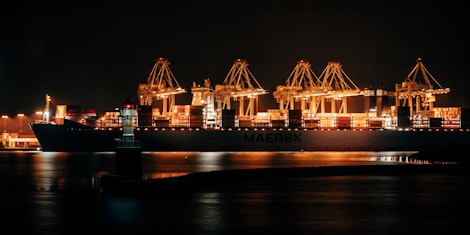
Global Shipping Is under Pressure to Stop Its Heavy Fuel Oil Use Fast—That’s Not Simple, but Changes Are Coming, states a news UTK source.
Driver of climate changeMost of the clothing and gadgets you buy in stores today were once in shipping containers, sailing across the ocean. Ships carry over 80% of the world’s traded goods. But they have a problem – the majority of them burn heavy sulfur fuel oil, which is a driver of climate change.
While cargo...
https://mfame.guru/shipping-industry-must-stop-using-heavy-fuel-oil-fast/








